The atmosphere around the upcoming Turkish municipal elections scheduled for March 31th almost make it seem like the country is preparing to elect a new president: tensions are high, and interests extend far beyond the border.
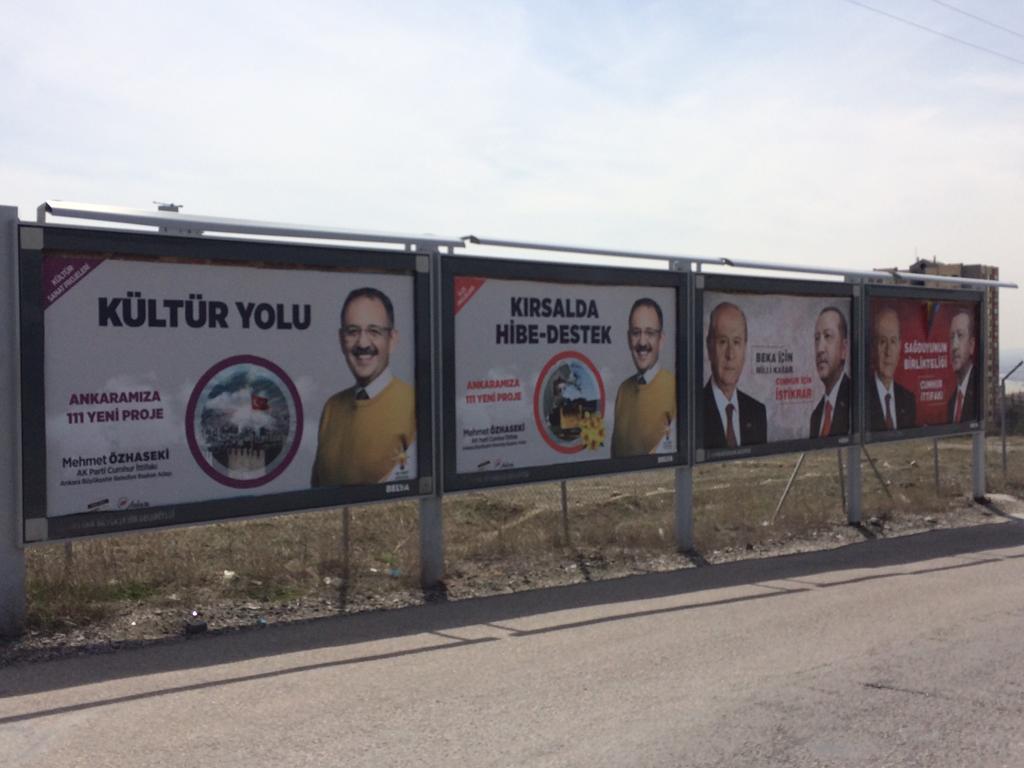
All of the major international players, primarily the United States and the Europeans, are closely monitoring the elections, anxiously awaiting the results. How President Recep Tayyip Erdoğan might be affected is as important for foreign countries as it is for Turkey. Will Erdoğan’s position strengthen on April 1, or will he end up losing the crucial support of the public? In recent years, the government’s strategy has been completely based around the president and chairman of the Justice and Development Party (AKP), R.T. Erdoğan, but could the president’s political centrality also be his weakness? Political observers discussed the situation in the country at this critical juncture.
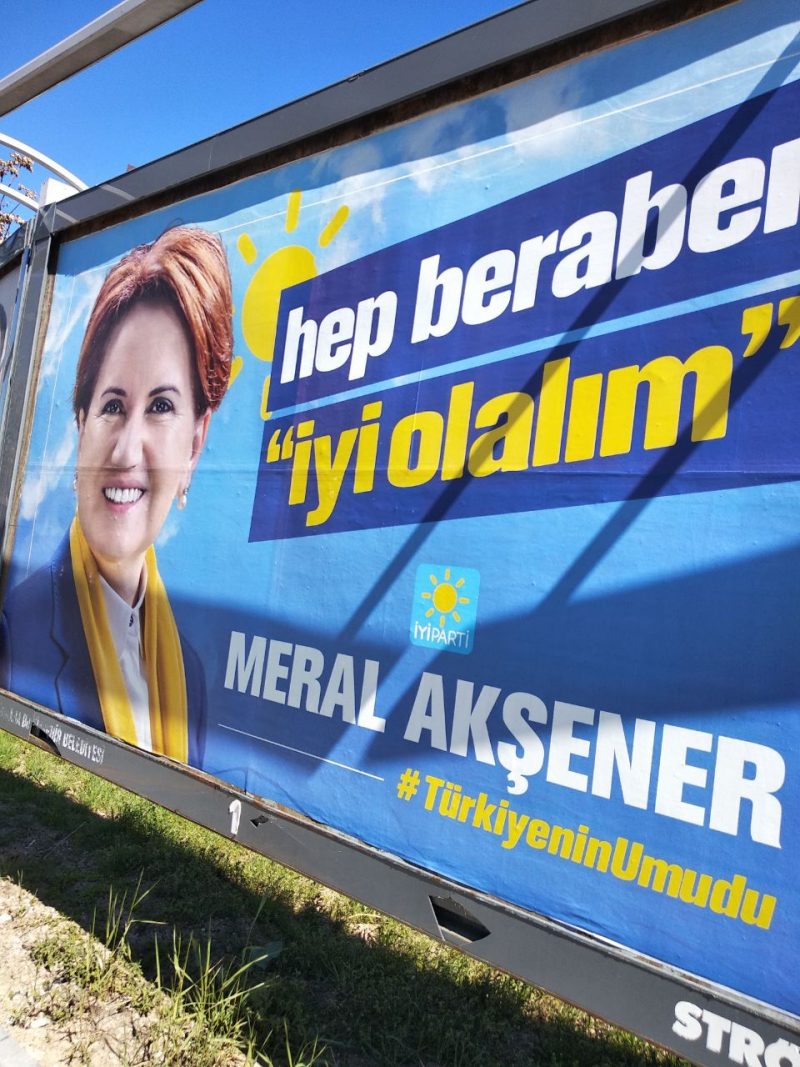
Journalist and political columnist İsmet Özçelik:
TURKEY IS A CRITICAL PLAYER IN THE REGION
The whole world is closely following the upcoming March 31 municipal elections in Turkey. Turkey is one of the most important countries in the entire region, and therefore all of the major forces with their own interests in the Middle East are paying close attention. Washington, for instance, is carefully monitoring the situation… the American government’s aim is to redraw the map of the Middle East altogether in accordance with its own interests. Their efforts, however, have been slowed by a number of obstacles. The United States believes that, as of 2014, “Turkey has begun to spin out of control,” prompting regular efforts to push Ankara back into the Western sphere of influence.
Whether or not the ruling AKP maintains its position in upcoming elections, the outcome will directly affect the policies of various states towards Turkey. A number of countries and international financial organizations regularly conduct public opinion surveys in Turkey in order to form an adequate position… they are deeply invested in keeping on top of changes as they take place.
There are several specific factors determining the interest of foreign players in the March 31 elections worth detailing.
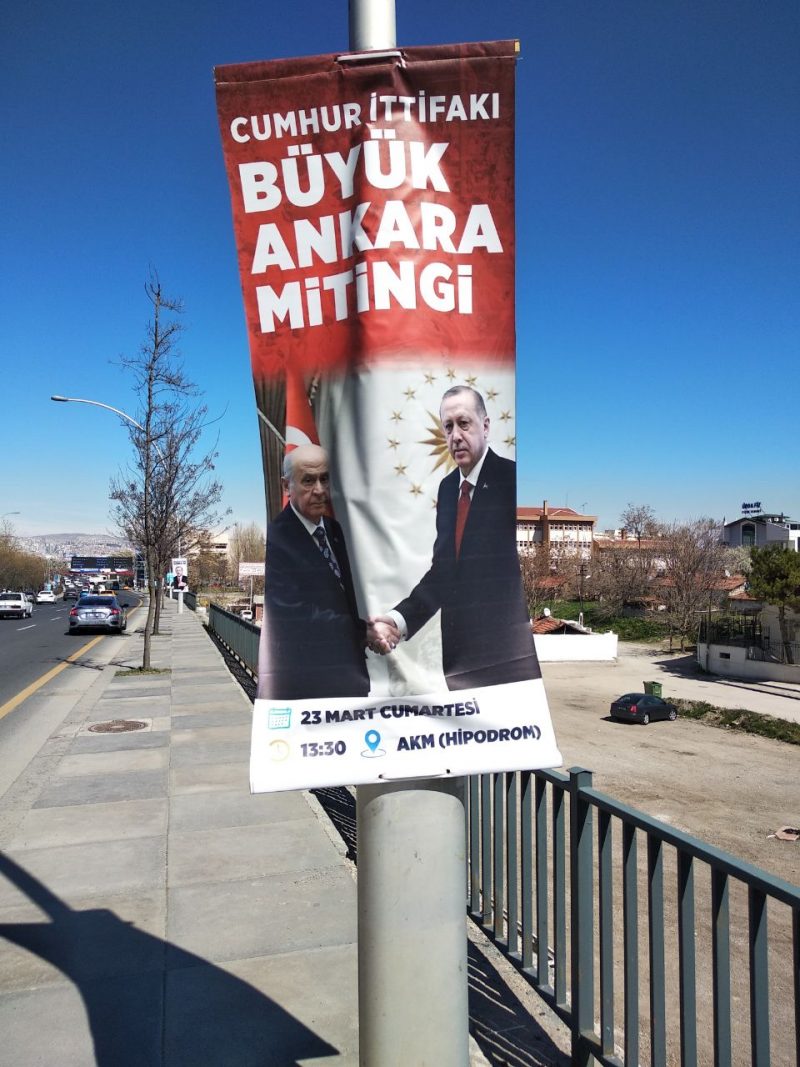
Important aspects of the 2019 Turkish Elections
The US is deeply concerned about successful developments in the Astana negotiation process, as well as Turkey’s improving relations with Russia and Iran generally. Washington also does not want to allow continued operations by the Turkish Armed Forces, such as operation ‘Euphrates Shield’ and ‘Olive Branch’. American authorities are also trying to foster favorable conditions for the activities of the Israeli and the Greek community of Cyprus in the Eastern Mediterranean.
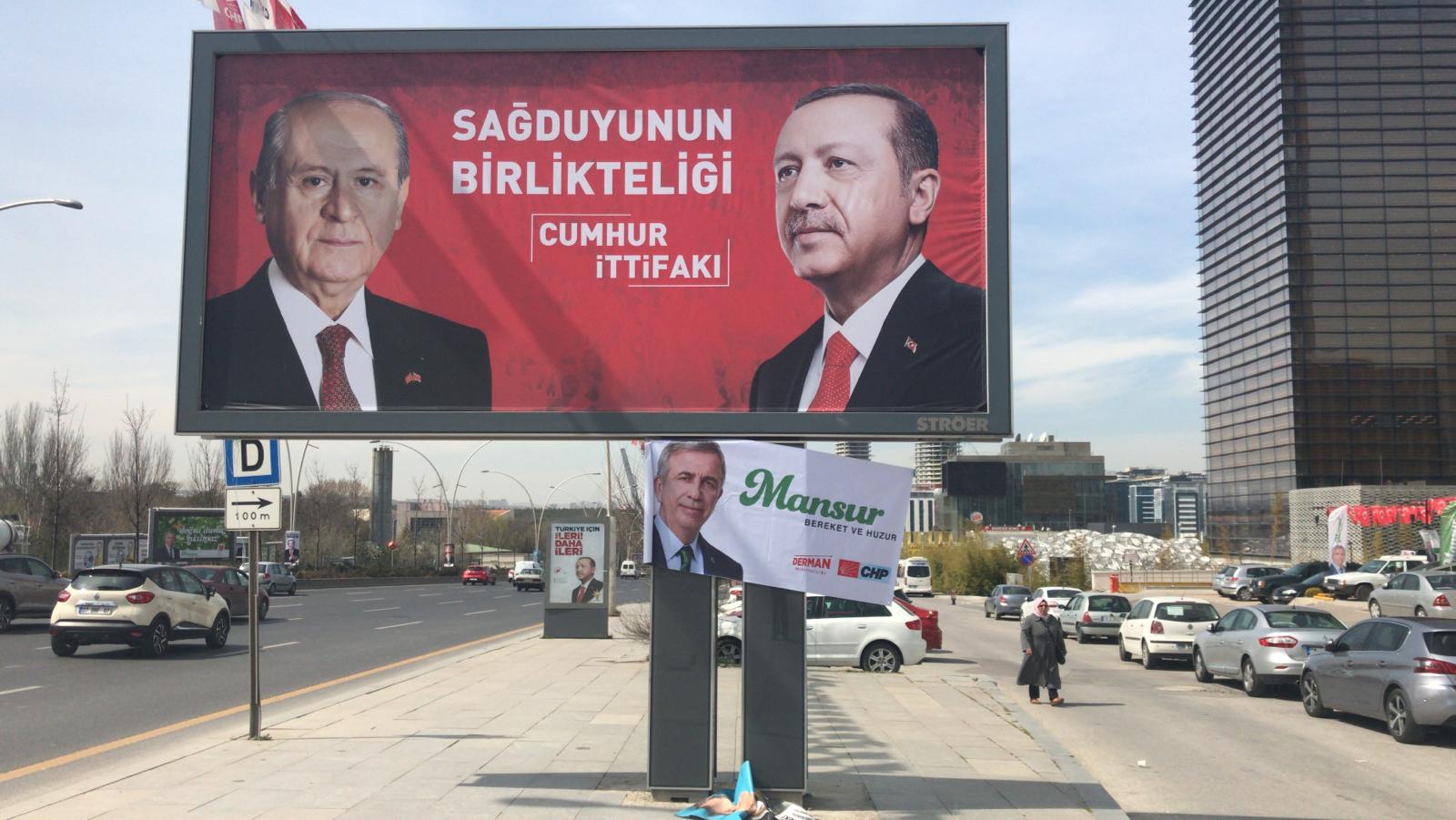
Furthermore, the United States is dissatisfied with Turkish authorities resolute stance towards the Kurdistan Workers Party (PKK) and the Kurdish Democratic Union Party (PYD), as they are concerned about Erdoğan’s recent statement in support of Venezuelan President Maduro, not to mention Ankara’s refusal to adhere to anti-Iranian sanctions.
Given all of these factors, the United States is hoping for a serious loss for the AKP and Erdoğan. Washington believes that the erosion of the president’s power and that of his party will present them with more opportunity to control the situation in Turkey and twist it in their favor.
Russia, Iran and China, on the other hand, favor the idea of Erdoğan maintaining his hold on the country. They are understandably concerned about the close contact between the United States and various opposition parties in Turkey.
Another cause for concern is what could happen in Turkey after the elections… there are fears that the United States is developing a plan to destabilize the country by provoking an economic crisis and stoking internal unrest, as they have tirelessly attempted in Iran and Venezuela.
The EU continues to take a dual position on the matter. Germany, alongside other European countries that previously openly opposed Erdoğan, have begun to soften their positions in light of Trump’s obstinate sanction efforts and trade-wars.
While Turkey’s elections are on the municipal level, they could nonetheless significantly alter the current balance of power, both in the country and abroad.
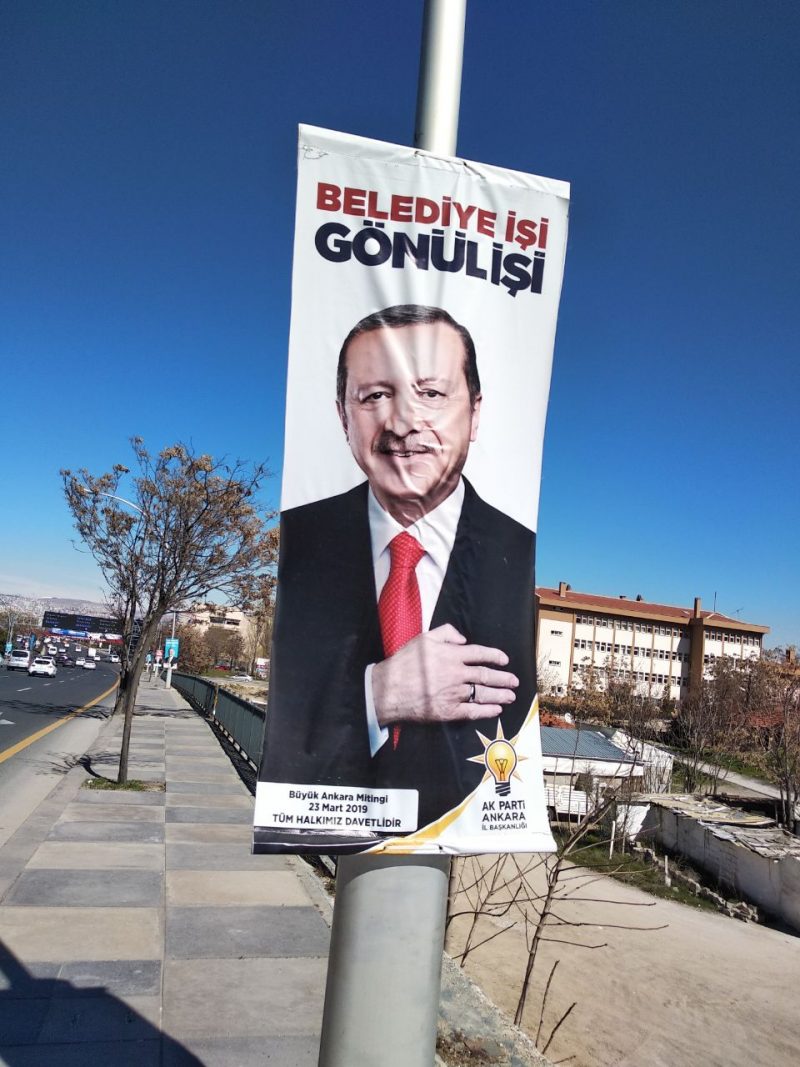
Economic aspects
It should be clear to everyone that the crisis economic situation in Turkey is one of the most crucial factors leading into the election. The recent economic downturn has deeply worried the financial institutions that issue loans to Turkey and Turkish companies. Despite the fact that financial entities controlled by the United States have been all but openly attacking Erdoğan’s government by attempting to artificially inflate exchange rates, it is worth noting that these forces ultimately do not consider the total collapse of the Turkish economy to be a profitable outcome. By forcing Turkey to take disadvantageous steps in order to improve their interest rate, financiers have plunged the country into a circular debt trap, granting the state loans at usurious interest. Previously, interest rate averages sat at 4-5%– today, even minimal rates are around 7-8%.
International financial institutions are monitoring the outcome of the Turkish elections in order to provide guarantees to their customers and shareholders with money in the country, as well as those looking for ways to take money out.
Turkey is in need of serious financial resources, which has left it at the mercy of predatory companies already crafting their terms and conditions. A plan is being developed by which the brunt of the economic crisis will fall on the shoulders of the population. This is a strategy aimed at broader social destabilization, which will leave the country even more susceptible to abuse.
The outcome of the election is still anyone’s guess
Journalist and political columnist Faruk Bildirici
The outcome of the upcoming elections remains a complete mystery. The only thing that can be said for sure is that the current election atmosphere is very different than in previous years. It is noticeable in the government’s harsh partisan rhetoric and threatening language, in the president’s recent statement that he doesn’t trust public opinion polls and in the fact that the elections are taking place during a time of economic crisis.
Parties and voters know that the upcoming elections are municipal and that the results will not lead to any changes in parliament, nor will the country get a new president… however, it is clear that the results of these elections could have a serious impact even on the highest levels of power in the country. The elections might end up being a blow against the ruling party, or they might end up strengthening its position even more, leaving the country stuck to face more of the same… or potentially something even more radical.
There are many examples in Turkey’s history of a long-term ruling party suffering their first serious defeat in local elections. The people are well aware of this and have even begun to warn politicians that unrest is beginning to stir.

MENTAL FATIGUE
Severe loss of faith in the possibility of change will also play a crucial role at the polls, with many in Turkish society unmotivated to participate after economic crisis and 17 years of AKP rule. With people so discouraged, even the opposition may face difficulties attracting voters to the polls. The fact is that the opposition (and the Republican People’s Party (CHP) in particular) has not able to gain the confidence of a significant part of the electorate, who are still jaded with dissatisfaction over the results of past elections. By all available indications, CHP supporters do not have the same enthusiasm and hope they had during the last presidential and parliamentary elections.
ISTANBUL PLAYS AN IMPORTANT ROLE
Judging by the atmosphere in Turkish political circles over the past few weeks, it seems that the ruling party may very well lose the upcoming elections… yet, even if the AKP and President Erdoğan don’t come out on top, they will undoubtedly continue to strengthen their power all the same, and will undoubtedly take steps to reverse any damage done by voters.
The more important thing to note, however, is how Erdoğan loses the election. If he loses by a margin of two or three votes, and not in Istanbul or Ankara or other major provinces, the loss will not seriously affect his position. In such a case he would be able to all but ignore defeat, and opposition parties would return to their usual social positions over time.
However, if the ruling party is beaten by the opposition in Istanbul and other major cities by a wide margin, then the whole balance of power could shift. Despite the fact that Erdoğan will remain in power regardless, his position could seriously deteriorate, at which point things will quickly become far more complicated for him. We must not forget that the AKP is primarily associated with Erdoğan and his team, and all of its successes are represented as Erdoğan’s personal achievements.
DON’T BOTHER WAITING FOR CHANGES IN TURKEY – EU RELATIONS
There is no doubt that if the AKP is defeated, Erdoğan will bear full responsibility in the eyes of his party members. Given such a situation, those dissatisfied with the current state of affairs may finally speak up, and Erdoğan’s well maintained and total control may even slip from his fingers.
Such a course of events is a necessary basis for any changes in foreign policy to occur. Barring this outcome, Erdoğan will continue to pursue a foreign policy strategy built on his short-term decisions while blaming all of Turkey’s social ailments on external enemies.
If Erdoğan’s power is undermined in the elections, we will almost certainly see radical change in the nation’s foreign policy… as for relations with EU, however, there is still no reason to expect any meaningful changes.
Only when Erdoğan loses his grip on power will Turkey be able to develop a political system in accordance with the slogan “peace in the country — peace in the whole world,” a piece of wisdom the nation has strived to follow since these words were first spoken by Atatürk. However, such a development seems highly unlikely at the present juncture… For now it seem the country will continue following its neo-Ottoman ideology of political Islam, while peace is substituted by an endless search for enemies.
Here’s a map of the alliances that have been formed for the local elections in Turkey’s 81 provinces pic.twitter.com/3HZWTVqp7N
— TRT World (@trtworld) March 30, 2019


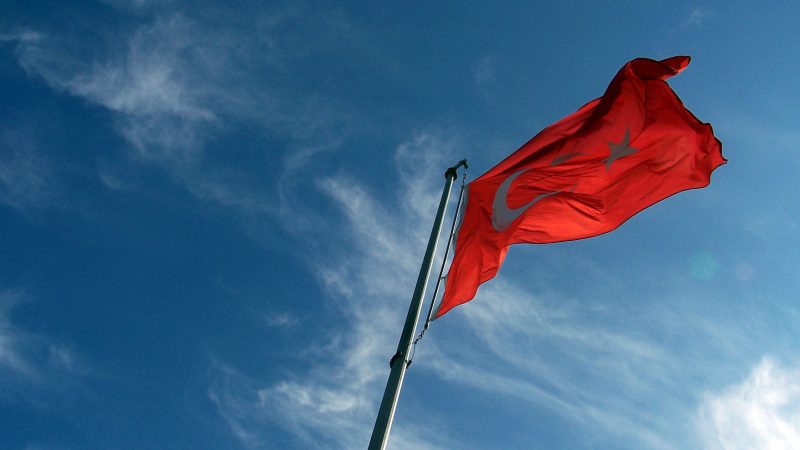



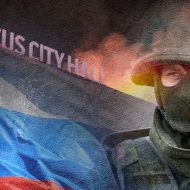
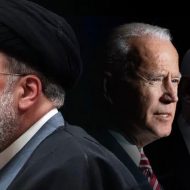

Leave a Reply